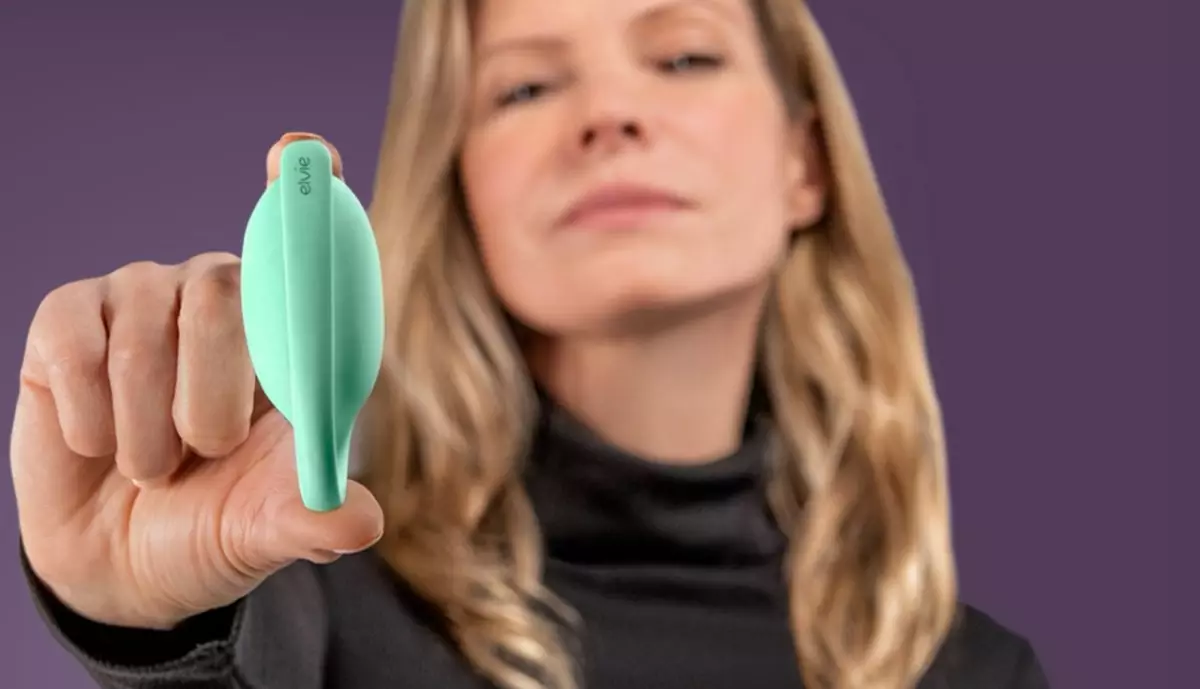In recent years, the landscape of women’s health has transformed dramatically, with startups emerging to tackle specific challenges faced by women. From smart breast pumps that fit seamlessly into a busy lifestyle to innovative applications for menstrual tracking, the sector has captured the attention of investors, raising over $5 billion in funding in just five years. This tremendous financial backing is indicative of a burgeoning industry that, despite its challenges, strives to meet the diverse needs of women around the globe. Such innovations have catalyzed a movement, showcasing the power of technology in addressing previously overlooked aspects of female health, thereby empowering women to take charge of their well-being.
The Landscape of Mergers and Acquisitions
However, the world of women’s health startups is not without its complications. As demonstrated by the recent merger of Willow, a San Francisco-based startup known for its wearable breast pumps, with Elvie, a London-based company that began with a smart Kegel trainer, the market is increasingly competitive and, at times, unforgiving. This acquisition, which occurred as Elvie faced financial instability and entered administration, reflects a critical trend: consolidation is becoming necessary for survival. The merger hints at a larger pattern where startups may have to pool resources and technologies to endure the tightening market and expand their product offerings.
Financial Realities and Market Dynamics
The realities of operating within this space are stark. Despite the overall projected size of the women’s health market, estimated at around $60 billion, many startups find themselves at a crossroads, struggling to maintain momentum against an influx of cheaper alternatives. The shift in market dynamics since 2021 has created formidable barriers for later-stage companies, especially those not primarily focused on cutting-edge technologies such as artificial intelligence. In times of fiscal uncertainty, investors are increasingly wary, which raises questions about the sustainability and long-term profitability of various businesses in this evolving market.
Sarah O’Leary, the newly appointed CEO of Willow, acknowledged these challenges, emphasizing the need for adaptability in a market rife with difficulties. With investors becoming more selective and the competition intensifying, startups like Willow must strategize effectively to carve out a niche for themselves in a saturated landscape. This consolidation may not only streamline operations but could also potentially lay the groundwork for a more robust product ecosystem, with the aim of creating a comprehensive platform that addresses multiple aspects of women’s health.
The Importance of Data Privacy and User Trust
In the wake of increasing scrutiny over data management practices, particularly concerning health-related information, the acquisition raises pressing questions regarding user privacy and trust. The recent challenges faced by companies like 23andMe have heightened awareness of the ramifications stemming from mismanagement of sensitive user data. For startups in women’s health, building consumer confidence is paramount, particularly within the current socio-political climate that calls for greater transparency in how personal health information is handled.
The delicate nature of women’s health also demands a more nuanced approach in communicating with users. Both Willow and Elvie must navigate these waters carefully, ensuring that their platforms not only offer invaluable products but also foster a sufficient level of trust among users. Enhancing security measures while being forthright about data usage will be vital as they work to retain and grow their customer base.
Innovative Solutions and the Road Ahead
Looking ahead, the challenge for Willow will be not only to integrate Elvie’s technology and workforce but also to innovate continuously in order to stand out in a cluttered market. The ability to transition from being a startup to a robust, profitable entity will rely heavily on strategic planning, effective product development, and an unwavering focus on the needs of their consumer base. By leveraging existing technologies while also investing in research and development, Willow has the potential to revolutionize the way women engage with their health.
Moreover, this merger could serve as a catalyst for further consolidation in the healthcare space as other startups may recognize the advantages of joining forces to increase efficiency and market resilience. Collaborative efforts could encourage the exploration of novel solutions tailored to women’s health, galvanizing the sector towards sustained growth.
Innovation in women’s health holds the promise not only of enhancing individual experiences but also of fostering a community of support and empowerment. The recent developments signal a pivotal moment in this journey, potentially leading to a brighter, more integrated future for women’s healthcare. Willow’s proactive approach may just be the beginning of a more comprehensive health platform that addresses the myriad needs of women globally.

